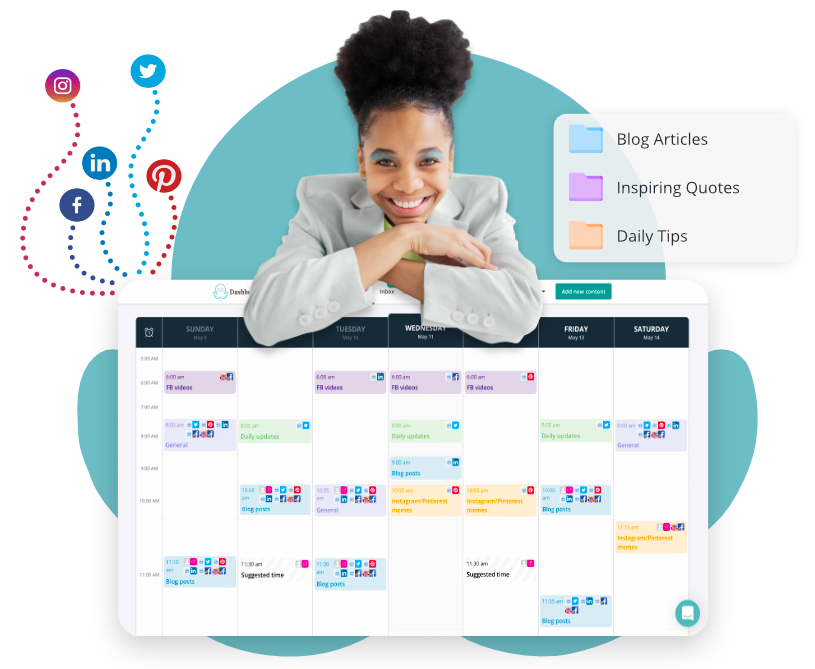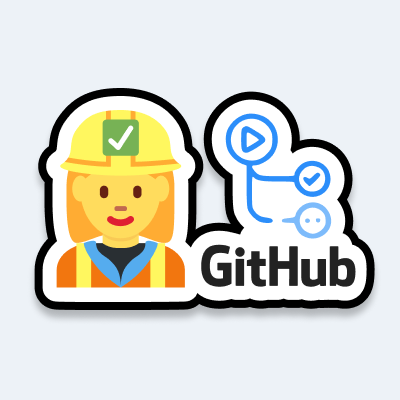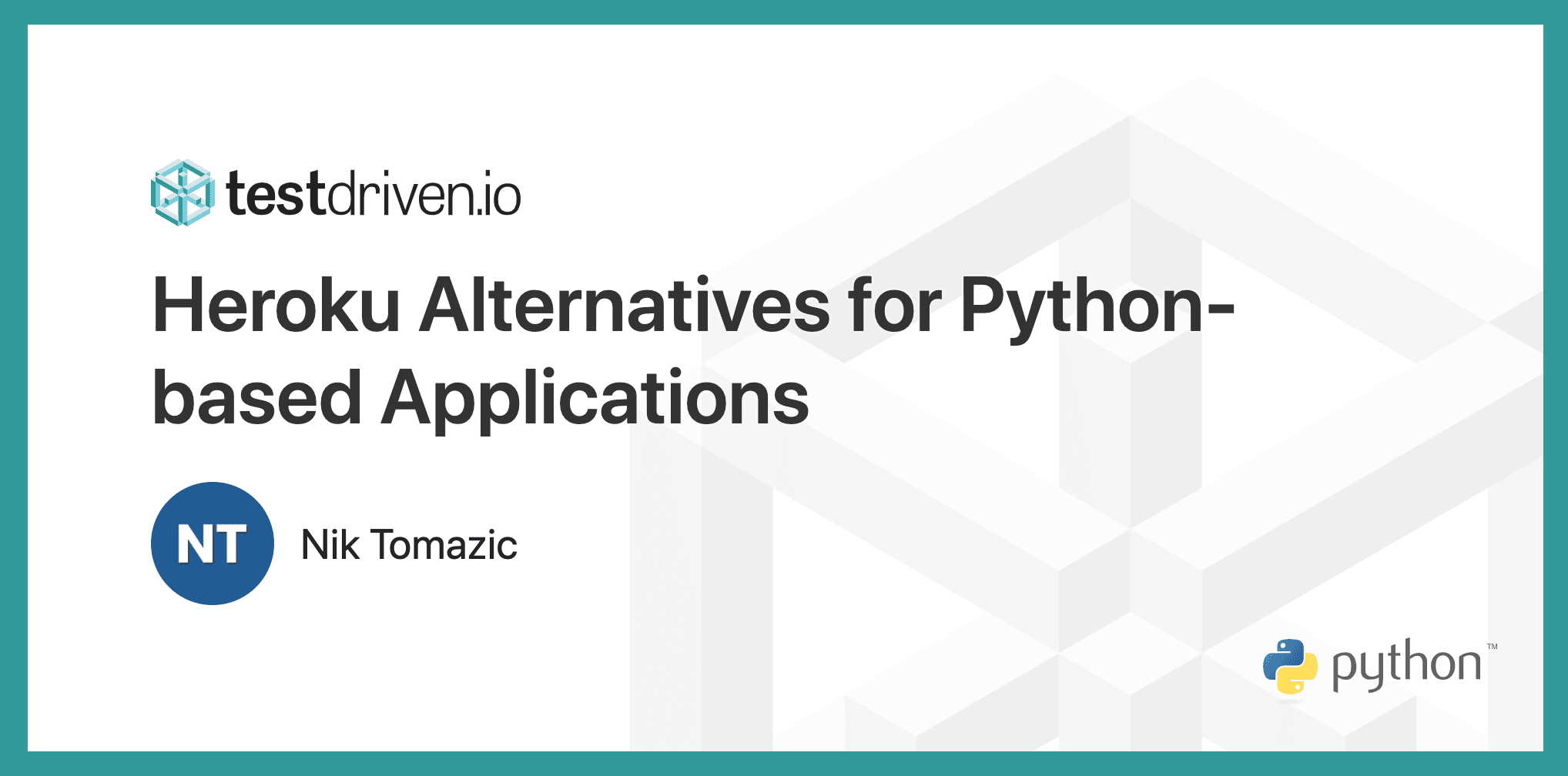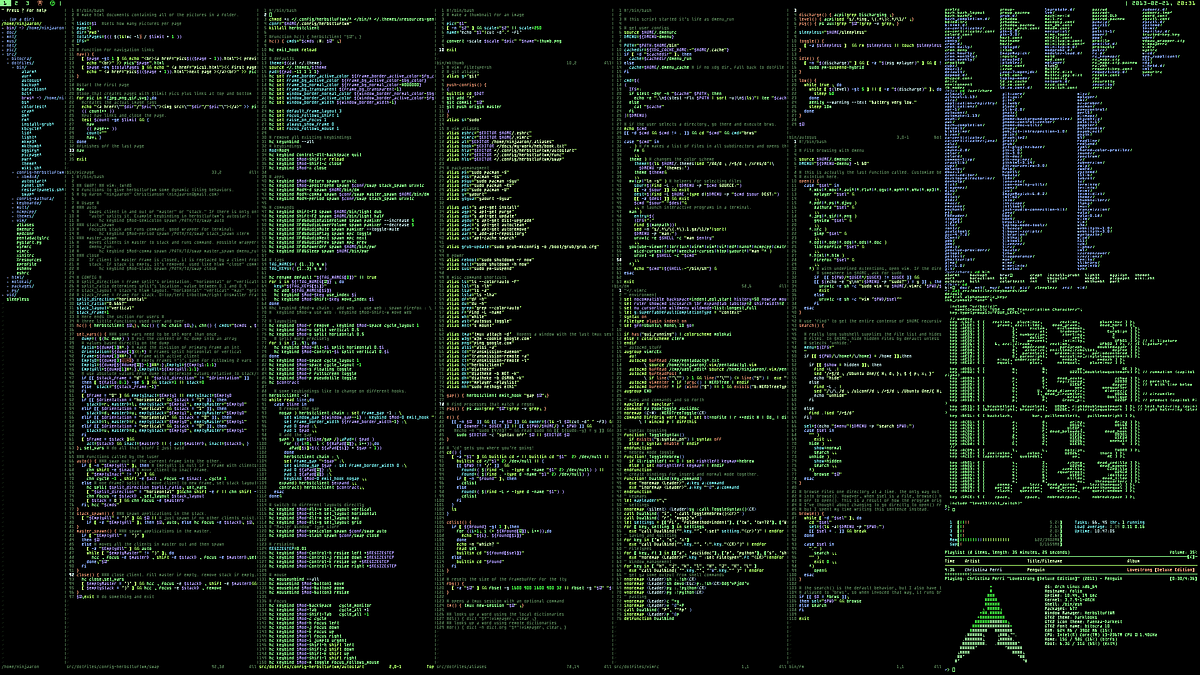
How to Post to Mastodon From Anything Using IFTTT - K²R
I am using this article to test post from IFTTT to Mastodon. I will clean up my random posts once I get this to work. The author says: "I finally managed to hook up IFTTT to Mastodon to auto-post from another site! I use IFTTT as glue for linking several services together including sharing interesting links from Pocket when I’m offline: I can add a tag in the app on my tablet, and then when it syncs that tag up to the cloud"















